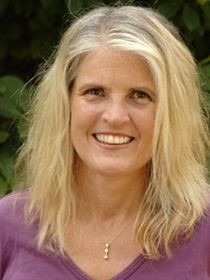
Cathie Jo Martin
Connect with Cathie
About Cathie
Martin investigates why some countries seem to have it all, balancing efficiency and equality, economic growth and social security. In particular, she explores how employers make up their minds about public policy and how some governments convince employers that social investments will better their bottom line. She served as chair of the Council for European Studies, and as co-chair (with Jane Mansbridge) of the American Political Science Association presidential task force on Negotiating Agreement in Politics. She is a member of the strategic advisory board of the Danish National Institute for Social Science Research, and has held fellowships at the Radcliffe Institute for Advanced Study and the Russell Sage Foundation, among others.
Contributions
How Businesses Can Cooperate to Propel Equitable Economic Growth
In the News
Publications
Explores the problems of political negotiation in the United States, provides lessons from success stories in political negotiation, and offers practical advice for how diverse interests might overcome their narrow disagreements to negotiate win-win solutions.